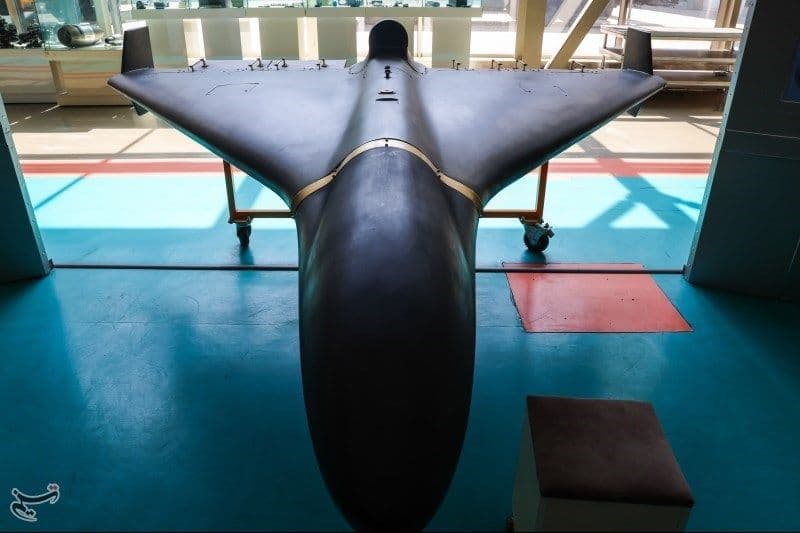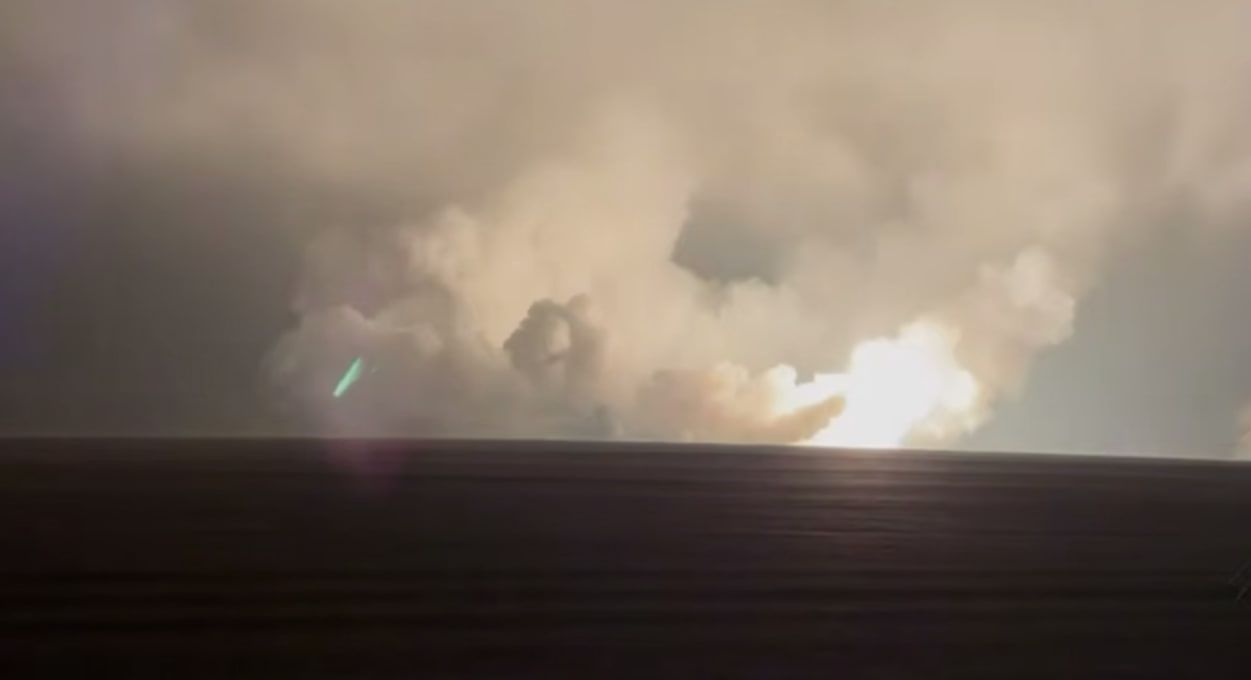US sanctions Ukrainian firms accused of helping supply parts for Iran’s Shahed drones used by Russia

Two companies registered in Ukraine that allegedly helped supply components for Iran’s Shahed drones were among 32 people and entities sanctioned by the U.S. Treasury on Nov. 12.
The broader sanctions package targets supply chains supporting Iranian ballistic missiles and aerospace sectors. This includes procurement agents for Iran’s Shahed drones. The sanctions target 32 individuals and legal entities, spanning eight countries, including Ukraine.
The two Ukrainian companies targeted were Ekofera and Imperative Ukraine, which the U.S Treasury says are Ukrainian front corporations operating under "Iran-based procurement agent Bahram Tabibi."
Per the U.S. Treasury’s Office of Foreign Assets Control, or OFAC, the companies formed a network that shipped attitude indicators and magnetometers to HESA — the designer and manufacturer of the Shahed-type drones used by Russia to strike Ukraine.
OFAC originally designated HESA in 2008. Iran began selling Shaheds to Russia in the second half of 2022. In 2023, Russia began producing its own domestic copies, known by the model names "Geran" and "Gerbera," though their actual composition varies widely.
OFAC sanctions block transactions between U.S. persons and financial institutions and the people or legal entities designated. In some cases, non-U.S. companies that keep doing business with sanctioned entities can also face so-called secondary sanctions, including penalties that limit their access to the U.S. financial system.
Ukraine, meanwhile, has a formal export control regime for military and dual-use goods that is, at least on paper, stringent during wartime, particularly for components that could be used in Russia’s war machine. Ukrainian agencies and advocates have long highlighted how sanctions evasion channels Western, and especially U.S.-made, electronics into Russian drones.
The U.S. Treasury did not respond to a request for comment as of publication. A representative for Ukraine’s Security Service, or SBU, also declined to comment on the designations or any possible response.
In January, the SBU arrested two Ukrainians who had allegedly helped build a port in Russia’s Rostov Oblast and deliver oil via Russia’s dark fleet to sell within Ukraine itself via a complex network of construction contractors and gas stations that crossed through occupied territories.
Tabibi did conceal his status as the owner of at least one of the companies, with the registration for Imperative Ukraine even identifying him as an Iranian citizen.
There are no registered Ukrainian companies named Ekofera, but a firm by that name is registered in northern Slovakia, near the Polish border.












